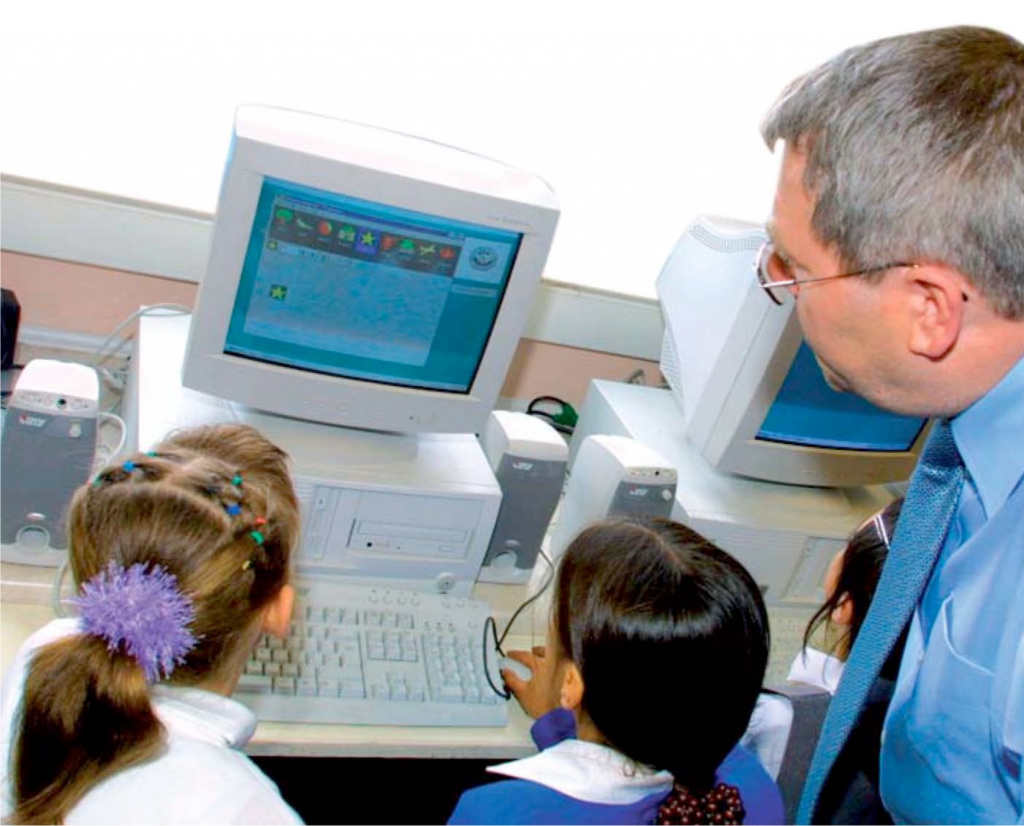
Because IT’s There
In the film Where the Money Is, a journalist asks an aging criminal: “Why do you rob banks?”, expecting a self-pitying list of childhood traumas, poverty and social exclusion. “Because that’s where the money is”, the robber answered.
The same could be said of computers. They should be used in all school subjects because that’s where people and communities and professional groups and academic groups and social groups and religious groups and political groups are. Although people of all walks of life use computing, computing is not the purpose of many of those ways of life –and it should not even be the purpose of ICT lessons.
The novelist Jay Raynor wrote about a proud mother who was expecting great things of her son. She said that she hoped to be mentioned in newspaper reports of his triumphs (Danny Smith, son of Irene and David Smith, …). She is therefore happy, Raynor says: “To live her life as a sub-clause”.
Computers should also, I think, live their lives as sub-clauses. It should be possible to make sense of the world using computers. Just look at breathingearth.net.
Computers can connect people, ‘voice’ people and enliven the spirit of schooling. That’s my excuse for the pun in the title, ‘soul and chips’ –computers contribute, vitally, to the spirit of schools.
Saying Hello
Pupils should feel as though they belong to a world of many different kinds of people, following different cultures and religions. There have been many electronic greetings cards sites over the years. When used with effective teaching (in history, RE, PSHE, citizenship, English, ICT and elsewhere), they can be used to connect people and boost the quality of celebration in schools. Pupils should be aware of calendars of festivals and celebrations, and an intellectual understanding can be complemented by an activity that means they send and receive electronic greetings cards, relevant to the season – try dgreetings.com. Cards can be sent between pupils and teachers within a school and then developed to include teachers and pupils in other schools, members of different communities and people linked around the world.